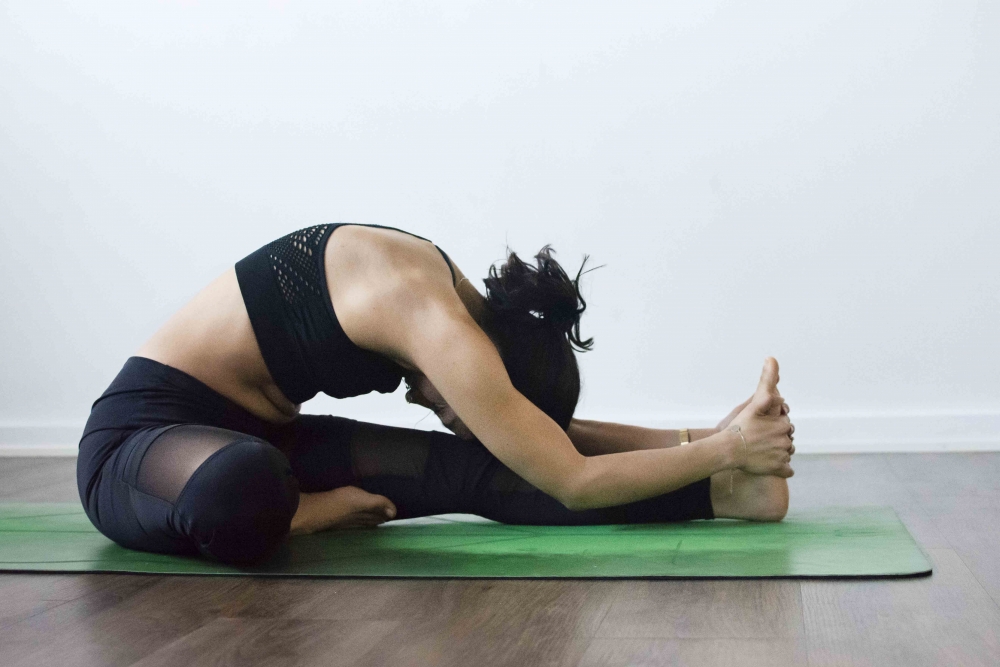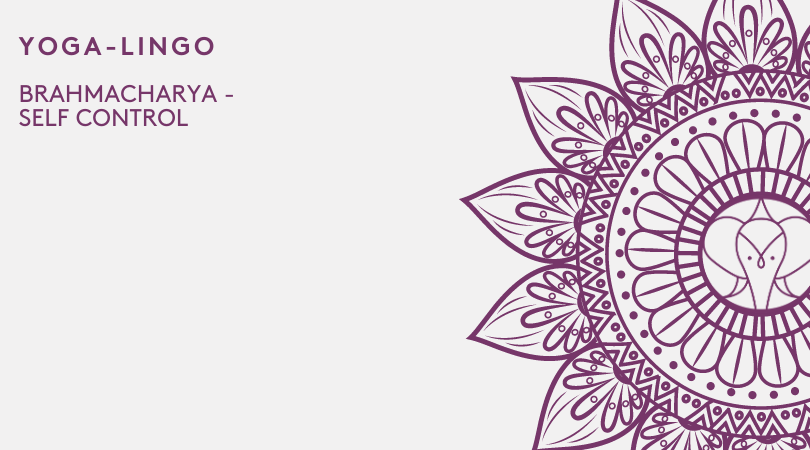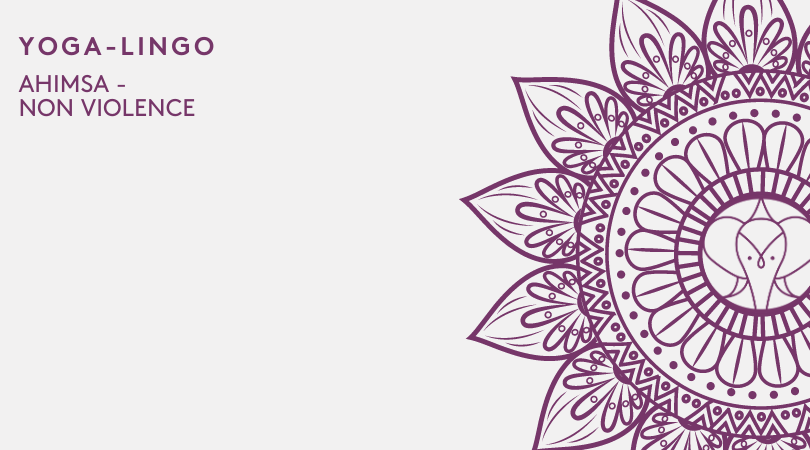Dandayamana Janushirasana - Standing Head to Knee Pose
The Standing Head-to-Knee Pose is the fifth pose in Bikram Yoga. The pose is known also by the Sanskrit name Dandayamana Janushirasana. The pose might look simple but to be able to balance requires activation of multiple muscle groups which also helps to improve the focus and concentration of the yogi as they seek to understand the points of the body engaged for the pose.
Dandayamana Janushirasana Step by Step
Step 1: start from a standing position with your feet close to each other. Interlock all your fingers to create a platform where you will place your foot.
Step 2: Shift the weight of your body to the left leg and raise your right leg up by bending the knees. Lift up the leg to your highest level and lower your body so that it is easy to set the foot on the interlocked fingers.
Step 3: With your fingers below your foot and your torso bent forward, albeit slightly straighten the leg out so that it is parallel to the floor. If you do not get your leg to the parallel position do not force yourself to avoid injuries. Just go up to the level where you feel comfortable. Hold your foot at that position for a few breaths.
Step 4: Bend your arms and lower your elbows towards your calf, lower your entire upper body. Tuck your chin to your chest and round down so that your head is coming to your knee. The ideal position is where your head touches your knee but again this might be hard for many to achieve. Just lower your body to the level where you are comfortable.
Step 5: Hold the position for a few breaths and then alternate the legs. Ensure that you can feel a stretch on your lower back.
Modifications
Many beginners might not be able to set the leg parallel to the floor while holding it with the hands. You can, therefore, use a strap to hold the feet parallel and focus on lowering the upper torso or just straighten the leg as much as possible.
Preparatory Poses
Ardho Mukha Svanasana, Janusirsasana, Padangusthasana, Parsvottanasana, Garudanasana
Follow Up Poses
Dandayamana dhanurasana, Tulanadasana
Benefits
Stretches the entire back
Strengthens the lower back
Stretches the hamstrings
Stretches the thighs
Stretches the arms
Strengthens the arms
- Stretches and strengthens the shoulders
- Strengthens entire leg, hip, and knee
- Building determination
Bandhas
Jalahandra bandha, Mulha bandha, Uddiyana bandha
Drishti
Forward drishti. If you are not able to maintain balance you can focus your gaze on your raised foot and finally look at your belly button.
Variations
Janusirsasana is an excellent variation for this pose since you are using mostly the same group of muscles but you don't have to worry about your balance since you are sitting on the floor. Start by sitting on the floor, straighten your right leg out and bend your left leg and bring your left foot to your right inner thigh. Turn your torso towards the right leg, tuck your chin to your chest, round your back and try to touch your forehead to your knee. Bend the leg if you need to in order for you to grab the foot.
Pose Type
Forward bend, standing pose, balance
Beginner Tips
Keep your abdominal muscles engaged during the pose by tucking them inside.
Avoid jerking your leg when doing the pose. The movements should be slow and controlled to avoid injuries.
Your body weight should be evenly distributed on the foot you are standing on.










